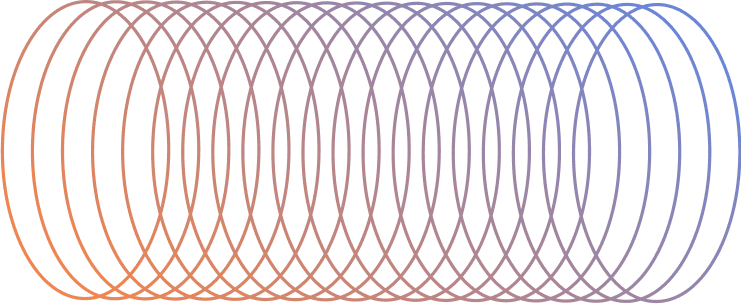
Upgrade your marketing today

B2B MARKETING Blog
Learn how effective SEO strategies like keyword research, content creation and backlinking increase your brand’s visibility.
Your business profile is often the first impression customers, partners, or journalists get of your brand. X now has about 586M monthly active users worldwide, making it one of the most active platforms for conversations, news, and brand visibility.
AI-driven search is transforming the way people find, engage with, and trust content. Paul, who has more than two decades of experience in digital marketing, doesn’t sugarcoat it
Discover how to structure cybersecurity blog posts for both human readers and AI visibility with clear tips and proven content strategies.
Organic SEO is still essential to keep your business relevant and visible. In an ever-changing digital world of AI and LLMs.
Discover how a B2B marketing agency boosts small business growth, visibility, and ROI in the digital age with expert strategies.
Craft a standout cybersecurity marketing strategy for the B2B space. Target CISOs, IT managers, and executives with tailored messaging and build trust.
Our cybersecurity marketing agency equips you with 2025 essentials including AI, voice optimization, and branding, for growth and ROI.
Discover Grok AI by xAI: real-time X data insights, content creation, and marketing benefits. Learn how it differs from traditional AI tools.
How Google’s page annotations impact your site’s traffic and revenue, with tips on spotting and removing them.
AI-Driven search has transformed search engines, changing how we find information, making it crucial to understand how to use AI platforms effectively.